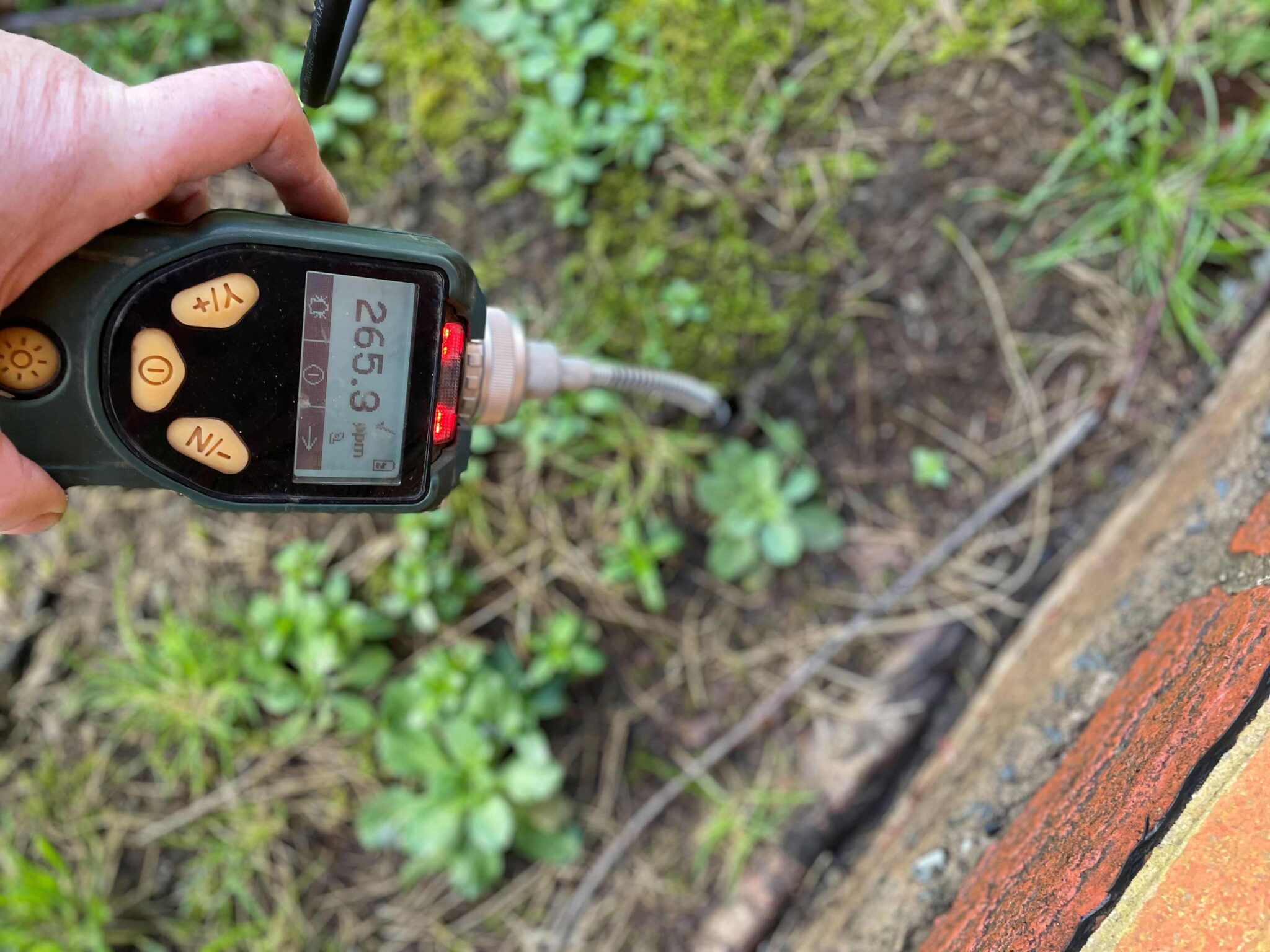What does Gaea mean?
In most cultures there is a creation story. In Abrahamic traditions God created everything in six days, then rested on the seventh. Some parts of the bible even talk about Leviathans and chaos….even Ravens in some traditions. The ancient Greeks, close to the centre of civilization and central to our own European cultures where we enjoy the benefits of many of the ancient Greeks endeavors such as Philosophy, Rhetoric, Democracy & mathematics. In the Greek creation Myth, Chaos (A yawning nothingness) created Gaea / Gaia (the Earth, and she became known later as the essence of the earth / nature / Mother earth / Mother nature. She is also known as the ever-sure foundation of all. Without male assistance, Gaia gave birth to Uranus (the Sky) who then fertilized her. From that union were born first the Titans—six males: Coeus, Crius, Cronus, Hyperion, Iapetus, and Oceanus; and six females: Mnemosyne, Phoebe, Rhea, Theia, Themis, and Tethys. After Cronus was born, Gaia and Uranus decreed no more Titans were to be born. They were followed by the one-eyed Cyclopes and the Hecatonchires or Hundred-Handed Ones, who were both thrown into Tartarus by Uranus. This made Gaia furious. Cronus (“the wily, youngest and most terrible of Gaia‘s children”)[23] was convinced by Gaia to castrate his father. He did this and became the ruler of the Titans with his sister-wife, Rhea, as his consort, and the other Titans became his court. So there you are! Gaea is widely recognised as the embodiment of Mother Earth or Mother Nature.
In our opinion, no matter what your tradition, mother nature looks after us and we most return the favour.
In our opinion, when other companies names are a bunch of initials that have no real meaning…we thought ours was pretty cool.
Who was Gaea
In Greek mythology, Gaea ; also spelled Gaia ,is the personification of Earth. Gaia is the ancestral mother—sometimes parthenogenic—of all life. She is the mother of Uranus (Sky), from whose sexual union she bore the Titans (themselves parents of many of the Olympian gods), the Cyclopes, and the Giants; as well as of Pontus (Sea), from whose union she bore the primordial sea gods. Her equivalent in the Roman pantheon was Terra.[
The Greeks invoked Gaia in their oaths, and she should be aware if one broke his oath. In the Homeric poems she appears usually in forms of oath. In Iliad the sacrifice of a black lamb is offered to Gaia and she is invoked in the formula of an oath.[12][13] Homer considers her a physical distinct existence not clearly conceived in anthropomorphic form. Gaia does not seem to have any personal activity. In Iliad Alpheia beats with her hands the bountiful (“polyphorbos”) earth, but she calls Hades and Persephone to avenge her against her son [14] In the poems of Hesiod she is personified. Gaia has a significant role in the evolution of the world.[15] She is the nurse of Zeus, and she has the epithet “Kourotrophos”. Kourotrophos was the name of an old goddess who was subordinate to Ge. Dieterich believed that Kourotrophos and Potnia theron construct precisely the mother goddess. Ge is also personified in the myths of Erichthonius and Pluto.[16] Erichthonius is early mentioned in the Catalogue of ships. He is born by the Homeric earth which produces fruits and cereals (zeidoros arura). The name of Erichthonius includes chthon which is not the underground kingdom of the dead, but the Homeric earth.[17][18][19]
In ancient times the earth was considered a plane or a flat disk with a wide extent.[13] The earth-goddess can be identified with the nymph “Plataia” (broad one) in Plataea of Boeotia as the spouse of Zeus.[20] Homer uses the form “eureia chthon” (broad earth). Hesiod speaks for the broad-breasted earth, (“eurysternos”) the sure seat of all immortals.[21] The same epithet appears in her cults at Delphi and Aegae in Achaea. In the Homeric hymn her conception is more clear and detailed. She is the Mother of the Gods, the goddess that brings forth life and blesses men with children. She is called “pammе̄tōr”, the all-mother who nourishes everything. This conception is closer to the popular belief.[22][13] In the hymn to Apollo she is called “pheresvios” (life giving) [23] The “mother of the gods” is a form of Gaia. According to Pausanias an epithet of Ge in Athens is “the Great goddess”, which is an apellation of the “Mother of the gods”. She is related to the mystery cult of Phlya which seems to be original. At Athens Gaia had the cult-title Themis. In the Ashmolean Museum a vase shows Pandora (all-giving) rising from the earth and according to some scholars she may be identified with Gaia . “Anesidora” (sending up gifts) on a vase in the British Museum is an epithet of Gaia.[24][25]
Traditionally “gaia” means “earth” and chthon, “under or “beneath the earth” however chthon has occasionally the same meaning with the earth. Pherecydes uses the name Chthonie for the primeval goddess who later became Ge and Musaeus the same name for the oracular goddess of Delphi.[20] Homer uses the for chthon the epithets “euryodeia” (broad-seated) and “polyvoteira” (all-nourishing) which can also be used for the earth.[21] In some plays of Aeschylus “chthon” is the earth-goddess Gaea.[20][26][27]
The tragic poets usually describe Gaia as mother of all, all-nourishing and all-productive who must be honoured. In Aeschylus‘ Prometheus Unbound, Gaea is the mother mother of all (“pammetor”) and in a fragment of Euripides chthon has the same epithet.[28] In Persai of Aeschylus offerings are recommended to Ge and the spirit of the departed. She is called “pamphoros”, (all bearing).[21][29] In Choephori, Electra in her prayer describes Gaia as an avenger of wrong.[30] Sophocles in Philoctetes calls Gaia “pamvōtis” (all nourishing) [21][31] A famous fragment of Danaides describes the sacred marriage between heaven and earth. Ouranos and Gaia are cosmic powers and natural processes.[32] In Chrysippus of Euripides Gaea is the mother of all in a philosophical poetic thought. “Gaia receives the drops of rain bearing the mortals and bearing food and beasts, therefore she is rightly called “mother of all”. Aether of Zeus bears men and gods. Everything which is born by the earth returns to the earth, and everything born from aether returns to the sky. Nothing is destroyed, but it is transformed to another form.”.[33][30] An inscription on a gravestone in Potidaia mentions: ” Aether receives the souls and “chthon” receives the bodies”. According to Plutarch: ” The name of Ge is beloved to every Greek and she is traditionally honoured like any other god”:[30]
How is Gaea pronounced?
Gaea or Gaia is pronounced as Guy-a or Gee-a. A lot of people are put off by the name and are worried about not being able to pronounce it, don’t be! The name has been used as the root for a number of of modern words in the modern English dictionary. The most prominant example of the root meaning is in female medicine, particulalrly with reference to the female reproductive (mother) system. Gynecology.
James Lovelock & Gaea Hypothesis
The Gaea hypothesis (/ˈɡaɪ.ə/), also known as the Gaea theory, Gaea paradigm, or the Gaea principle, proposes that living organisms interact with their inorganic surroundings on Earth to form a synergistic and self-regulating, complex system that helps to maintain and perpetuate the conditions for life on the planet.
The Gaea hypothesis was formulated by the chemist James Lovelock[1] and co-developed by the microbiologist Lynn Margulis in the 1970s.[2] Following the suggestion by his neighbour, novelist William Golding, Lovelock named the hypothesis after Gaea, the primordial deity who personified the Earth in Greek mythology. In 2006, the Geological Society of London awarded Lovelock the Wollaston Medal in part for his work on the Gaea hypothesis.[3]
Topics related to the hypothesis include how the biosphere and the evolution of organisms affect the stability of global temperature, salinity of seawater, atmospheric oxygen levels, the maintenance of a hydrosphere of liquid water and other environmental variables that affect the habitability of Earth.
The Gaea hypothesis was initially criticized for being teleological and against the principles of natural selection, but later refinements aligned the Gaia hypothesis with ideas from fields such as Earth system science, biogeochemistry and systems ecology.[4][5][6] Even so, the Gaea hypothesis continues to attract criticism, and today many scientists consider it to be only weakly supported by, or at odds with, the available evidence.
Since life started on Earth, the energy provided by the Sun has increased by 25% to 30%;[16] however, the surface temperature of the planet has remained within the levels of habitability, reaching quite regular low and high margins. Lovelock has also hypothesised that methanogens produced elevated levels of methane in the early atmosphere, giving a situation similar to that found in petrochemical smog, similar in some respects to the atmosphere on Titan.[17] This, he suggests, helped to screen out ultraviolet light until the formation of the ozone layer, maintaining a degree of homeostasis. However, the Snowball Earth[18] research has suggested that “oxygen shocks” and reduced methane levels led, during the Huronian, Sturtian and Marinoan/Varanger Ice Ages, to a world that very nearly became a solid “snowball”. These epochs are evidence against the ability of the pre Phanerozoic biosphere to fully self-regulate.
Processing of the greenhouse gas CO2, explained below, plays a critical role in the maintenance of the Earth temperature within the limits of habitability.
The CLAW hypothesis, inspired by the Gaea hypothesis, proposes a feedback loop that operates between ocean ecosystems and the Earth‘s climate.[19] The hypothesis specifically proposes that particular phytoplankton that produce dimethyl sulfide are responsive to variations in climate forcing, and that these responses lead to a negative feedback loop that acts to stabilise the temperature of the Earth’s atmosphere.
Currently the increase in human population and the environmental impact of their activities, such as the multiplication of greenhouse gases may cause negative feedbacks in the environment to become positive feedback. Lovelock has stated that this could bring an extremely accelerated global warming,[20] but he has since stated the effects will likely occur more slowly.[21]
Another reason that we chose the name is that we recognised ourselves in the description above. Humans as part of the biota of the system described above have a part in the self regulation of earth systems. We as a remediation company, actively trying daily to correct issues with our environment and bring us back to a better state is how we see ourselves as a company.

